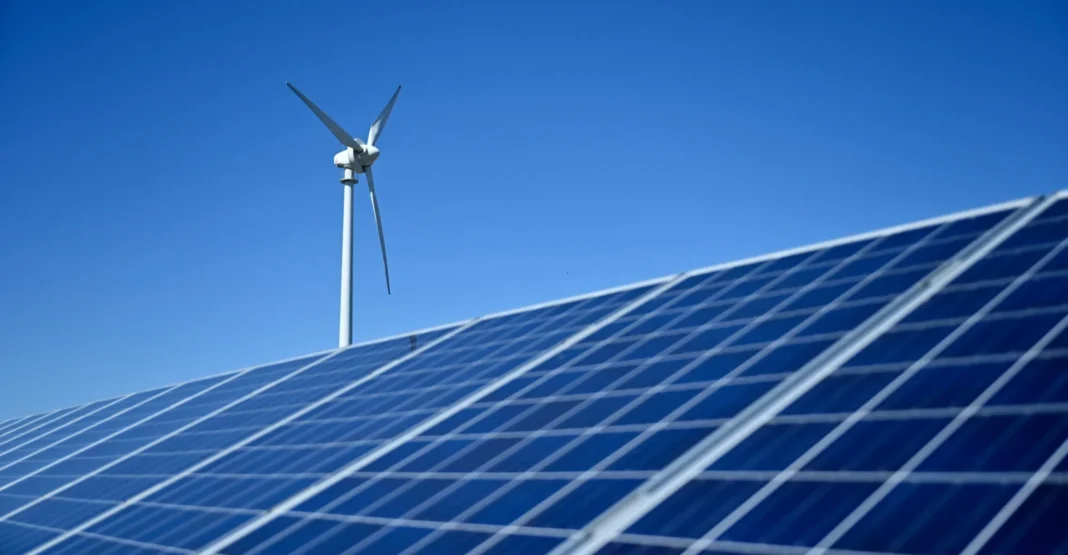Iraq renewable energy share remains lowest in region, as the country ranked fifth among Arab states with the smallest clean energy use. By the end of last year, renewables covered only 1.17 percent of Iraq’s total electricity mix.
Hydropower made up 0.92 percent, while solar contributed just 0.25 percent. Gas and oil still dominate Iraq’s electricity production. However, the government has launched several major solar projects. These include the Basra Sun project with a capacity of one gigawatt, a 750-megawatt plant, and the 500-megawatt Maisloon station in Dhi Qar province.
Iraq renewable energy share remains lowest in region, but imports of solar panels show progress. In the first half of this year, Baghdad purchased 950 megawatts of Chinese solar panels. Officials see this as a step toward reaching a goal of 12 percent renewables by 2030.
The Energy Research Unit compared Iraq with other Arab countries. Libya came last with just 0.03 percent, almost all solar, while gas provided 76 percent of its power. Qatar followed with 0.24 percent renewables, despite three solar plants. Gas continues to supply nearly all of its electricity.
Bahrain ranked slightly higher at 0.25 percent from solar alone. Its government plans to achieve 20 percent clean energy by 2035. Algeria reached 0.94 percent, with solar at 0.9 percent, and smaller shares from wind and hydropower. Algeria expects faster growth as it builds new solar facilities.
Analysts believe Iraq needs faster reforms to reduce dependence on fossil fuels. The country’s energy sector still relies almost entirely on gas and oil, leaving it vulnerable to market swings and environmental challenges. Expanding renewables would help Iraq secure cleaner, more reliable power.
At the same time, Iraq’s growing demand for electricity makes diversification urgent. Rising population and industrial use place huge pressure on current supplies. Solar projects now under construction will play a critical role in easing shortages.
Iraq renewable energy share remains lowest in region, yet government initiatives and international support could speed up progress. Achieving long-term goals will require stable policies, steady investments, and improved infrastructure.


